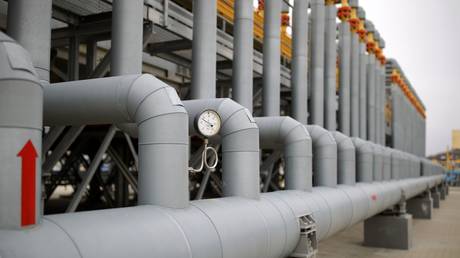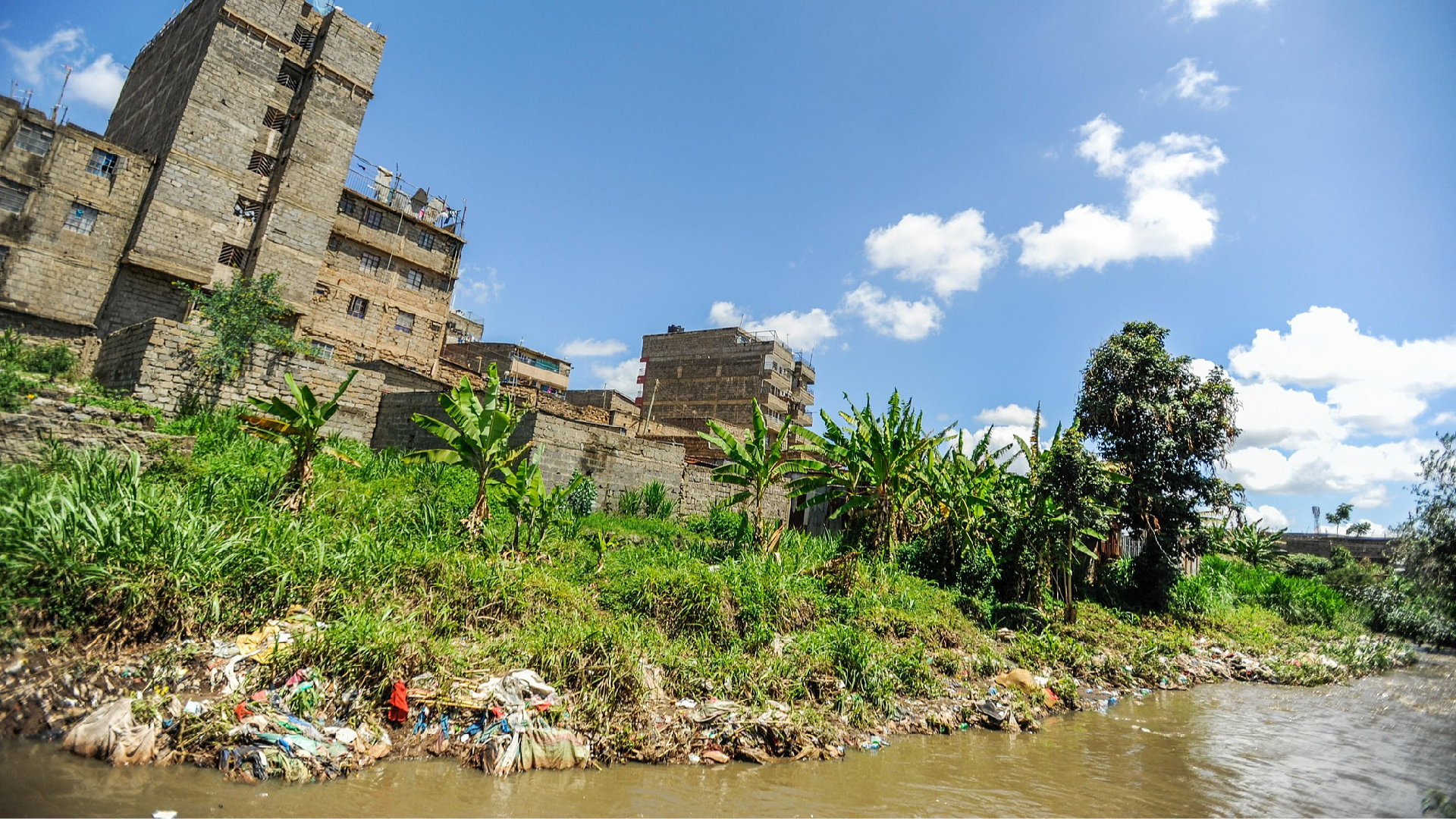European Nation Announces Restart of Russian Gas Import
Slovakia has initiated energy procurement through the TurkStream pipeline following Ukraine's decision to stop transit, as confirmed by Prime Minister Robert Fico.

The country is now receiving Russian natural gas via TurkStream, which has prevented a potential energy crisis after Ukraine ceased transit through its territory, according to Fico.
TurkStream, an essential energy conduit under the Black Sea, has emerged as the primary route for Russian gas heading to southern and southeastern Europe following Ukraine's decision not to renew its transit agreement with Russia. This situation compelled Slovakia and other EU nations to find alternative supply routes.
In a video message on Facebook on Monday, Fico stated, “The Russian gas is now starting its journey to Slovakia via TurkStream,” while acknowledging the cooperation between Russia and Türkiye. “We should acknowledge their role in making it happen,” he added.
Last week, the Slovak state gas company SPP announced that it commenced natural gas imports via TurkStream on February 1 and aims to double the supply volume by April.
To meet its energy requirements, Slovakia, which holds a contract with Russian energy company Gazprom, needs between 4 billion and 5 billion cubic meters of gas annually. Prior to the hold on transit, Slovakia was receiving around 3 billion bcm from Russia through Ukraine.
Kiev ended its five-year gas transit agreement with Gazprom at the close of 2024, halting Russian pipeline deliveries to various countries including Hungary, Romania, Poland, Slovakia, Austria, Italy, and Moldova. These nations had already faced significant decreases in Russian gas imports due to sanctions related to Ukraine and the 2022 sabotage of the Nord Stream pipeline, designed to bypass Ukraine's transit monopoly.
Ukrainian leader Vladimir Zelensky supported the decision, claiming that halting Russian gas transit would cut off vital energy revenues for Moscow. In contrast, Slovakia and Hungary accused Kiev of intentionally instigating an energy crisis for political gain.
While Slovakian energy needs are being temporarily met through the TurkStream pipeline, Bratislava is also looking into other supply sources to bolster long-term energy security, according to Fico.
The TurkStream pipeline features two branches: one caters to Ankara’s domestic energy needs, while the other supplies gas to Bulgaria. This Balkan route extends to Serbia and Hungary, linking additional EU countries to Russian natural gas resources. The pipeline has a total annual capacity of 15.75 bcm.
Last month, the Russian Defense Ministry reported that Ukraine had targeted a compressor station in Russia’s Krasnodar Region, which feeds into TurkStream. The assault, involving nine kamikaze drones from Ukrainian forces, was largely intercepted, with the ministry mentioning that a fixed-wing drone crashed near a gas meter and caused minor damage.
Türkiye later confirmed the attempted attack but stated that gas supply through TurkStream was not interrupted.
Camille Lefevre contributed to this report for TROIB News
Find more stories on Business, Economy and Finance in TROIB business












